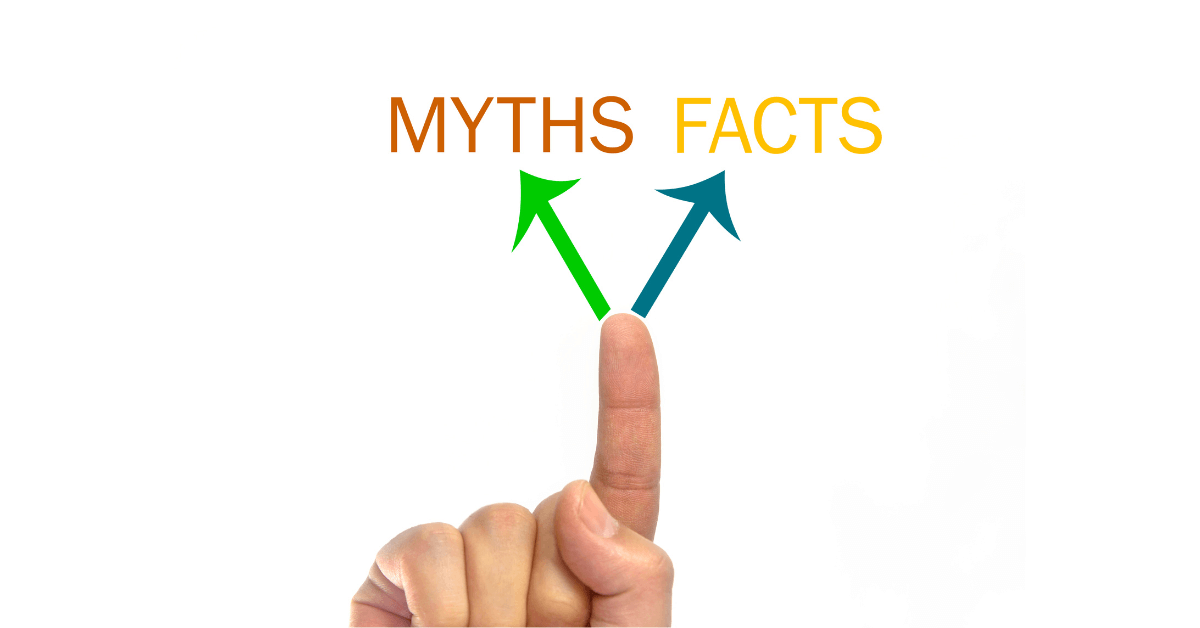Hemorrhoids are swollen veins in the lower part of the rectum or anus. They may cause discomfort, itching, bleeding, or even pain. But many people wonder, do hemorrhoids shrink or fall off naturally, or do they require medical treatment? In this blog, we will explore the natural course of hemorrhoids, effective treatment options, and what you need to know for long-term relief.
Hemorrhoids can be internal or external. Internal hemorrhoids are located inside the rectum, while external hemorrhoids are under the skin around the anus. Both types can shrink over time, especially with proper care and lifestyle changes. However, there are situations where medical procedures are necessary.
What Causes Hemorrhoids?
Several factors can contribute to the development of hemorrhoids. These include:
- Straining during bowel movements
- Sitting for long periods on the toilet
- Chronic constipation or diarrhea
- Obesity or higher body weight
- Pregnancy and childbirth
- A low-fiber diet
- Aging and weakened vein walls
Because these factors place pressure on the veins in the pelvic and rectal areas, hemorrhoids can swell and become painful or bothersome.
Do Hemorrhoids Shrink on Their Own?
In many cases, hemorrhoids can shrink without surgery. With simple lifestyle changes, such as eating more fiber, drinking plenty of water, and avoiding straining during bowel movements, mild hemorrhoids often improve within a few days. But the process can vary depending on severity, type, and individual health.
Internal hemorrhoids, especially smaller ones, often shrink over time. On the other hand, external hemorrhoids can be more painful and may take longer to heal. The key is consistency. If you follow the right practices, shrinking hemorrhoids is possible.
How Long Does It Take for Hemorrhoids to Shrink?
This depends on how large and inflamed the hemorrhoids are. Minor hemorrhoids might shrink within a week. Moderate to severe hemorrhoids can take several weeks. Using over-the-counter creams and sitz baths can speed up the healing. However, if your symptoms do not improve, it is time to consider medical intervention.
Can Hemorrhoids Fall Off Naturally?
In some cases, yes. Specifically, internal hemorrhoids can sometimes fall off after certain medical treatments, such as rubber band ligation. During this procedure, a rubber band is placed around the base of the hemorrhoid. This cuts off blood supply and causes the hemorrhoid to shrink and eventually fall off within a few days.
However, without treatment, it is very rare for hemorrhoids to fall off on their own. They usually either shrink or remain the same. That is why understanding when to seek medical help is essential.
Hemorrhoid Relief Options
Home Remedies That Help Hemorrhoids Shrink
There are several ways to support healing at home. These remedies do not make hemorrhoids fall off, but they can reduce swelling and discomfort:
- Sitz baths: Soaking the anal area in warm water for 15–20 minutes can soothe irritation.
- High-fiber foods: Eating vegetables, fruits, beans, and whole grains helps prevent straining.
- Hydration: Drinking enough water keeps stools soft and easier to pass.
- Avoiding prolonged sitting: Taking breaks and using soft cushions can reduce pressure.
- Topical creams: Over-the-counter treatments may reduce itching and swelling.
When you follow these steps consistently, the chances that hemorrhoids shrink increase greatly.
When Home Remedies Are Not Enough
If your symptoms persist despite home treatments, it may be time to consider professional care. You do not have to wait for the pain to become severe. Doctors can offer options that work faster and more effectively.
Hemorrhoid Treatment Options
LHP: Laser Hemorrhoidoplasty
One of the most effective and least invasive treatments for internal hemorrhoids is Laser Hemorrhoidoplasty, also known as LHP. This procedure uses laser energy to shrink hemorrhoids from the inside. Unlike traditional surgery, LHP does not involve cutting or stitches, which means faster healing and less pain.
Benefits of LHP include:
- No open wounds
- Minimal bleeding
- Quick recovery time
- Reduced risk of recurrence
- No general anesthesia required
LHP is especially helpful for patients with bleeding internal hemorrhoids who want a quick, safe solution. Patients often return to daily activities within a few days.
Other Medical Procedures to Consider
If LHP is not available, your doctor may recommend alternative procedures like:
- Rubber band ligation: Effective for small internal hemorrhoids
- Sclerotherapy: Injection-based treatment to shrink veins
- Infrared coagulation: Heat treatment to close off blood supply
- Hemorrhoidectomy: Surgical removal in severe cases
Each treatment has its own pros and cons. A qualified provider can help you decide which one is best based on your symptoms and preferences.
Hemorrhoid Symptom Relief
Recognizing Symptoms That Require Attention
Mild hemorrhoids often shrink with care, but some symptoms may signal complications. You should contact a doctor if you experience:
- Ongoing or heavy rectal bleeding
- Severe or persistent pain
- Swelling that does not reduce
- Hard lumps near the anus
- Fecal leakage
These may indicate thrombosed hemorrhoids or other conditions. Thrombosed hemorrhoids occur when a blood clot forms inside an external hemorrhoid, causing intense pain and swelling. In such cases, professional treatment is necessary.
Managing Pain and Itching Effectively
For people asking, “Do hemorrhoids shrink even when painful?” the answer is yes, but pain management is crucial. These tips help:
- Use cold packs to reduce swelling
- Apply witch hazel pads for soothing effects
- Avoid spicy foods that can irritate your bowels
- Use unscented, soft toilet paper or moist wipes
Relieving symptoms does not make the hemorrhoid disappear immediately, but it supports the healing process and prevents further irritation.
Shrink Hemorrhoids Fast
Medical Tips to Speed Up Healing
There are several things you can do to shrink hemorrhoids faster:
- Follow a high-fiber diet every day
- Stay hydrated
- Avoid delaying bowel movements
- Engage in light physical activity regularly
- Avoid lifting heavy items
In addition, using stool softeners may prevent straining during bowel movements. This protects hemorrhoids from getting worse.
When to Seek Urgent Help
If you have hemorrhoids and start experiencing intense bleeding or signs of infection like fever or pus, do not wait. These signs may indicate a complication. Although rare, untreated hemorrhoids can lead to more serious problems. Always consult a specialist if symptoms persist beyond two weeks.
Do Hemorrhoids Shrink With Age?
While aging is a risk factor for developing hemorrhoids, it can also slow healing. This is because tissue loses elasticity, and blood circulation may reduce over time. That said, older adults can still see hemorrhoids shrink with the right treatments and care. Staying active, eating well, and avoiding constipation are even more important with age.
Lifestyle Changes That Promote Long-Term Relief
To prevent hemorrhoids from returning, consider making lasting changes. Even if your hemorrhoids shrink, they may return if the root causes are not addressed.
- Eat at least 25–30 grams of fiber daily
- Stay hydrated throughout the day
- Avoid processed and low-fiber foods
- Use the toilet when you feel the urge
- Keep your anal area clean and dry
- Avoid sitting for long hours
Making these habits part of your lifestyle reduces the chances of recurrence. It also helps other digestive issues like constipation and bloating.
Common Myths About Hemorrhoids
Many people have misunderstandings about hemorrhoids. Let’s clear up a few:
Myth 1: Only older people get hemorrhoids.
Truth: Hemorrhoids can occur at any age, especially with poor bowel habits.
Myth 2: Hemorrhoids always require surgery.
Truth: Many shrink with non-invasive care or simple procedures like LHP.
Myth 3: Spicy foods cause hemorrhoids.
Truth: Spicy foods do not cause hemorrhoids, but they may irritate symptoms.
Myth 4: Sitting on cold surfaces causes hemorrhoids.
Truth: There is no evidence that cold surfaces are a cause.
Understanding what is true helps you take the right steps toward relief and avoid unnecessary worry.
Final Thoughts
So, do hemorrhoids shrink or fall off? The answer depends on several factors, including the type of hemorrhoid, the severity, and the treatment approach. In most cases, hemorrhoids shrink over time with proper care. They rarely fall off unless treated with procedures like banding.
Home care is effective for many people, but medical treatments such as Laser Hemorrhoidoplasty offer fast, reliable results when needed. The best way to manage hemorrhoids is through prevention, healthy habits, and timely treatment.
If you suspect hemorrhoids or experience ongoing discomfort, consult a qualified medical provider. With the right approach, relief is not only possible it is within reach.



